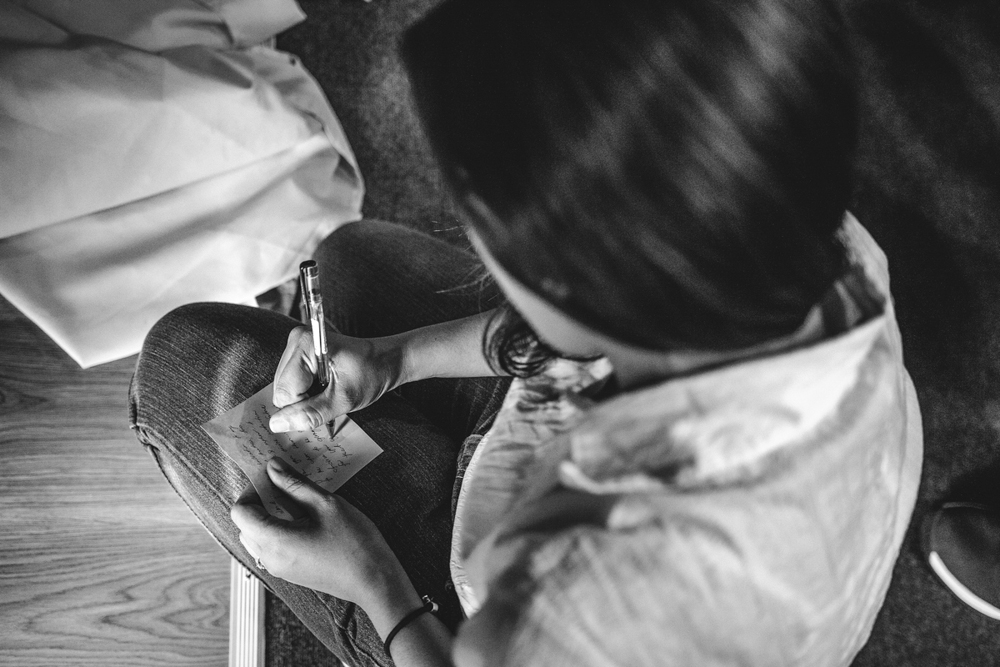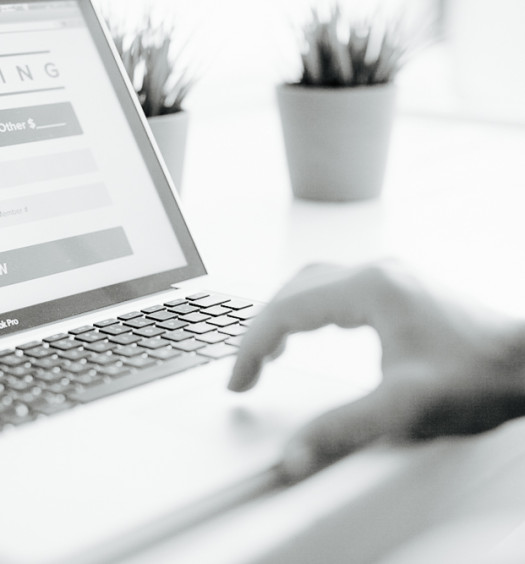One of the Best Reasons to Unplug

Twenty years ago, my parents were in college just getting their first email addresses. Today, my elementary school brother has not one, but two email addresses to meet whatever needs a nine-year-old could have. In these past two decades, an explosion of technological advances has tremendously changed our daily life. Phone calls are replaced by FaceTime; dictionaries with Google; and emails with texts. Now, with a simple click of a button, a sensory overload of information is literally at our fingertips. There is a continuous stream of photos, videos, news and those ever present random thoughts people feel they must share.
In the midst of all this digital chaos, I admit I often lose myself, sometimes spending hours scrolling through social media. It’s so easy to fall into the habit of constantly checking my phone, laptop, or iPad. For teens, and even those much younger, the attachment to digital devices is the norm, not the exception.
Once on my way to class, I counted the number of students on their phones. In the short two minute walk, I spotted more than 30 kids texting, scrolling, or snapping away. It made me realize how plugged in we all are and how crucial we feel the need to stay digitally connected.
When technology is integrated into our lives in such fundamental ways, it can be a bit overwhelming and even stressful. Without my phone, I feel lost, bored, and at times, uncomfortable. A screen gives me something to do, even when no one else is paying attention to me. Sometimes, even if there are no notifications, I still pretend to use my phone so that others think I’m occupied.
I have come to realize, however, that continual digital connection is not necessarily the most healthy way to spend my time. Both the brain and body are impacted. If digital use becomes addicting, it can interfere with sleep, study and exercise. Texting while driving is becoming more widespread and more deadly.
I have decided that if I want to restore my brain-body balance to a more healthful level, I will have to change my behavior. I will have to “unplug” more frequently. I will have to occupy myself with activities without devices. I will even have to be “screen free” at times. This won’t be easy, and it will require discipline and strength.
From this determination came the idea for the company I started called Art of Thanks. One of my all-time favorite ways to unplug is through letter writing. I find that one of the best reasons to unplug is to make space for giving thanks.
I enjoy exchanging mail with friends in different countries and states, as well as with my pal who lives two houses down the street. One of my most memorable exchanges has been with my seven-year-old Puerto Rican host sister, Marta. While she’s not yet old enough to write lengthy paragraphs, her simplistic artwork makes me smile. Whenever I see a Puerto Rican postmark, I delight in the fact that Marta has taken the time to send me her doodles.
Even at a young age, I was creating cards for friends and family. Displayed in my dad’s office are numerous works representing artistic talents from crayon to watercolor. This love of art combined with a love for letter writing led to my passion and my business. My hope is that my thank you cards will encourage others to feel that same sense of accomplishment and satisfaction I feel when I find just the right words.
Every letter I receive becomes a keepsake. There’s a little box in my closet full of notes, cards and letters from over the years. I love the nostalgia I feel when I reread them. Fennel Hudson once stated, “By the time you read this letter, these words will be those of the past. The me of now is gone.” Unlike a text that is deleted once my iPhone storage is full, I’ll have these letters forever. They’re a time capsule I can treasure again and again.
Social media has bombarded us with the notion that we need more to be content in life – more items, more information, more access to every thought of our friends. By designing and selling, but especially by writing thank you cards, I try to combat this materialistic mindset.
Communication by writing is not instantaneous. Composing cards and letters requires thought and writing skills that we seem to be losing with the onslaught of emojis and texting abbreviations. Without communication, we lose our ability to interact meaningfully with others, to express ourselves genuinely, and to form strong relationships.
I realize I cannot change anyone’s behavior but my own. I can, however, refuse to spend every waking moment on my phone. I can try to look others in the eye and carry on a meaningful conversation. I can refuse to instantaneously respond to every text. I can create cards that others will find fun and want to use in their own writing efforts.
Our electronic devices are important to our current way of life. They are necessary for safety, much easier to use than encyclopedias, and offer convenience in our increasingly busy world. But our acceptance of the new does not mean we need eliminate the old. There is room for both. I challenge you to take a closer look at the joy of writing and receiving good old-fashioned mail. Unplug at least part of each day. There are memories to be made.
FROM THE EDITOR
At Conscious, we are inspired by stories that cause us to think differently and think big-picture, and so we set out to tell stories with the help of leaders and influencers within the social good community. You can read more stories like this when you join as a member.



